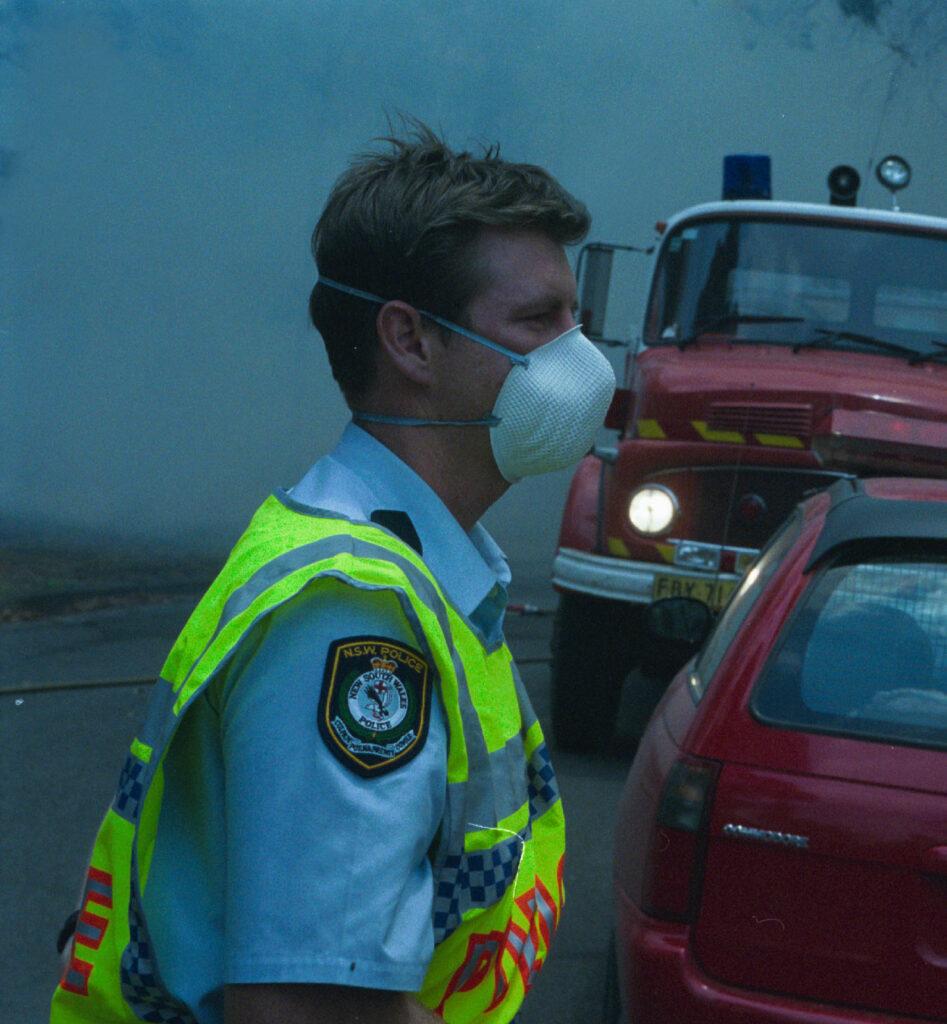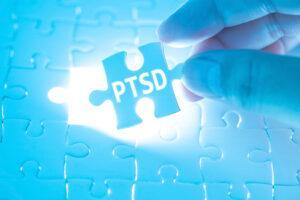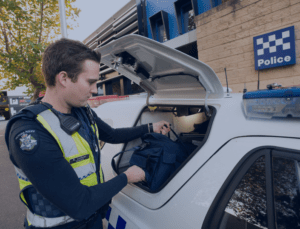Police work as a profession has its own unique relevance when we look at how burnout may develop in those who commit to working in law enforcement. It also has a correlation to what’s known as compassion fatigue because of the traumatic nature of police working environments. It’s why we should address both conditions in unison to understand the effects of chronic or prolonged stressors from police work. This combined with any number of other life stressors such as caring for others, grieving a death of a loved one or managing the daily pressures of a young family can lead to burn out or compassion fatigue.

So, what are the signs and symptoms of burn out and compassion fatigue?
- Thoughts may become focused on traumatic incidents you attended at work
- Confidence and self-esteem levels drop and beliefs may become negative regarding work performance or perceived work performance by others
- Apathy and a general feeling of overwhelm
- Feelings of exhaustion and overwhelmed by workload
- Starting tasks that are left uncompleted
- Feelings of being disengaged or disconnected to activities and others
- Avoidance of the workplace and/or places
- Change in appetite or eating habits
- Increase in alcohol or illicit substances
- Sleep disturbance including difficulties falling asleep or getting back to sleep and intrusive nightmares
- Health issues such as skin rashes, indigestion, sweating and headaches
- Feelings of resentment and irritability
- Loss of interest in activities which once gave enjoyment
- Angry outbursts or feelings of loss of control
- Feelings of guilt, sadness, or remorse for things out of your control
- Lack of interest in intimacy or feeling numb
- Poor concentration and memory difficulties
- Self-blame or feelings of inadequacy
Burnout and compassion fatigue can develop slowly over time which means it’s often family or close friends who notice subtle changes. Therefore, it’s important to maintain close and healthy relationships as well as a strong network of work colleagues who can be of support during times of added workplace stress including times when police are working on traumatic incidents, protracted investigations, or surveillance. It’s also vital to maintain a healthy work/life balance and to continue to take time out, regular breaks when annual leave is due and to focus on activities that give respite from the stressors of working environments.
What helps.
- Find and maintain a healthy work/life balance
- Communicate with colleagues, family and friends (have a good support network)
- Connect with your spirituality and beliefs
- Maintain a regular sleep pattern and make this a priority
- Play sport, start a daily walk, or develop an exercise routine
- See your GP for an annual check up
- Seek counselling from a good therapist who understands police culture and the nature of policing environments including trauma informed care
- Consider making a change in working duties or environment
- Take a break and have time out to relax and recharge
- Find a yoga class and learn meditation
- Assess your diet and make changes if necessary
- Practice gratitude and write a daily journal
- Spend time in nature or with an animal or pet
- Attend a residential retreat or program to rest and recharge.
Articles on burnout/compassion fatigue/vicarious trauma in police
https://leb.fbi.gov/articles/featured-articles/police-compassion-fatigue

 Exit
Exit









